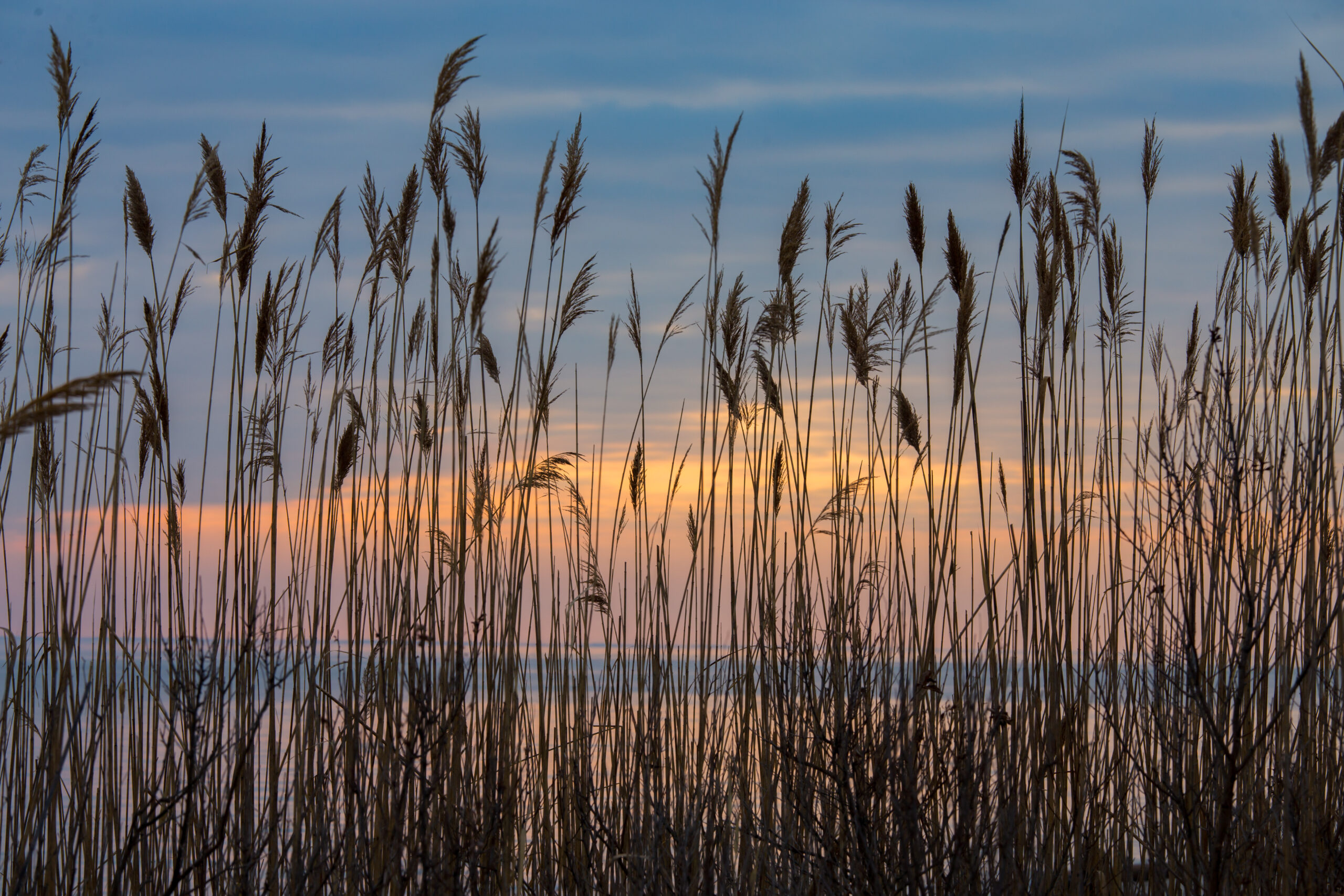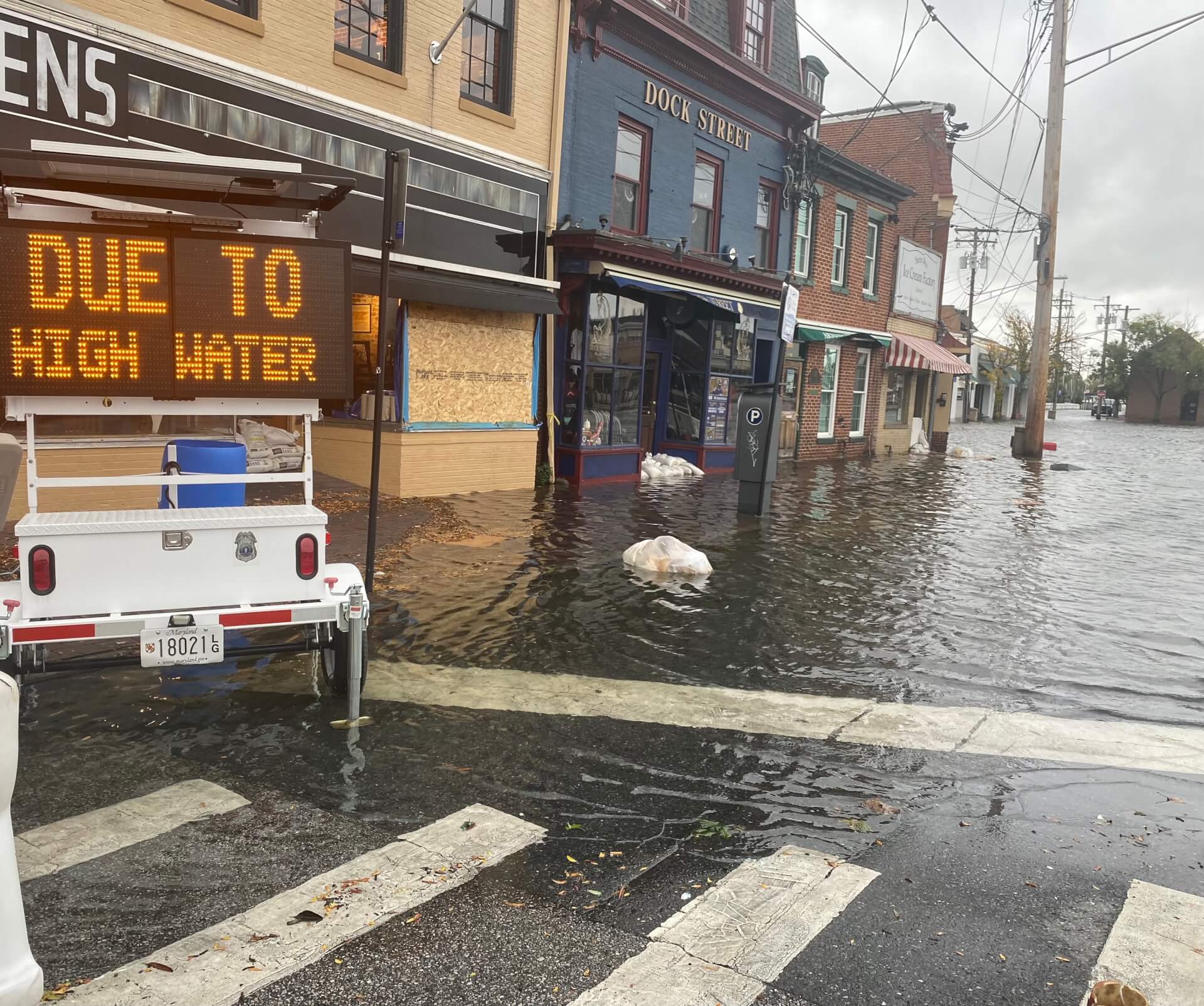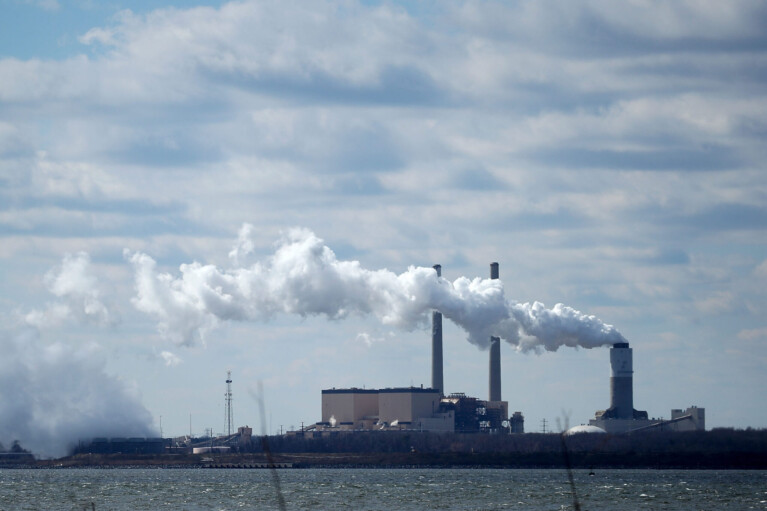U.S. House Dems want data on impact of Supreme Court ruling on wetlands protection

Top Democrats on the U.S. House Transportation and Infrastructure Committee asked federal agencies Monday to track possible negative effects from a recent U.S. Supreme Court ruling that limited federal authority to regulate clean water.
Washington’s Rick Larsen, the ranking Democrat on the committee, and Water Resources and Environment Subcommittee ranking member Grace Napolitano of California, expressed concern in a Monday letter to the heads of the U.S. Environmental Protection Agency and Army Corps of Engineers that the Supreme Court’s ruling in May would degrade water quality across the country.
The court decision struck down the EPA’s definition of waters of the United States, or WOTUS, the term for what waters and wetlands the federal government had authority to regulate under the Clean Water Act.
In a 5-4 opinion written by conservative Justice Samuel Alito, the court’s majority ruled wetlands must have a “continuous surface connection” to navigable waters like streams, lakes, oceans and rivers for federal agencies to have jurisdiction.
That would remove the EPA’s and Army Corps’ power to authorize building and other activity that could threaten the environment and water quality for about half of U.S. wetlands, Larsen and Napolitano wrote to EPA Administrator Michael S. Regan and Assistant Secretary of the Army for Civil Works Michael L. Connor.
“In ignoring the [Clean Water Act’s] plain and unambiguous language, as well as almost 5 decades of unbroken, bipartisan protection of the nation’s waterbodies, five members of the Court redefined the Act’s scope to serve their hyper-conservative judicial philosophy,” the lawmakers wrote.
They asked the EPA and Army Corps to “systematically document the individual and systematic impacts” of the decision and listed several areas of data they sought.
The lawmakers asked the agencies to list sites that were no longer subject to federal jurisdiction following the court ruling, and to catalog the potential ecological harms to those areas.
Larsen and Napolitano also asked how the ruling might affect efforts to protect some specific areas, including the Great Lakes, the Chesapeake Bay in Maryland and Virginia, the Everglades wetlands in Florida and the Puget Sound in Washington.
The House members also requested the Corps and EPA provide guidance on how Congress could update clean water laws “to ensure this nation does not lose progress in meeting the goals” of the Clean Water Act following the Supreme Court decision.
GOP asked for rule update
The Democrats’ letter comes weeks after leading Republicans on the House panel and the Senate Environment and Public Works Committee sent their own request to federal agencies.
A June 21 letter from House committee Chairman Sam Graves of Missouri and subcommittee Chairman David Rouzer of North Carolina, U.S. Sens. Shelley Moore Capito of West Virginia, the ranking member on the Senate committee, and Cynthia Lummis of Wyoming, the senior Republican on the EPW Fisheries, Water and Wildlife Subcommittee, asked for an update on the EPA and the Army Corps’ plans to update federal rules following the Supreme Court decision.
The ruling struck down the definitions governing the agencies’ regulations, but the agencies had not yet created new definitions, the Republicans wrote.
The GOP lawmakers said they were concerned that the Biden administration was stalling in its obligation to conform to the court’s ruling.
“In implementing the Court’s decision, the Agencies must adhere to the majority opinion and not slow-walk compliance with the decision,” they wrote.
The lawmakers asked what steps the agencies were taking to implement the court’s decision. The agencies briefed lawmakers on their plans, but have not responded in writing, according to a House committee spokesman.
The Republicans also asked the agency heads to ensure that regional and district offices comply with the court ruling when evaluating environmental analyses and permit applications.
Any delay in implementing the court ruling could slow infrastructure projects, including those funded by the 2021 bipartisan infrastructure law, they wrote. Capito was a leading sponsor of that bill, while Graves, Rouzer and Lummis voted against it.




 Creative Commons Attribution
Creative Commons Attribution